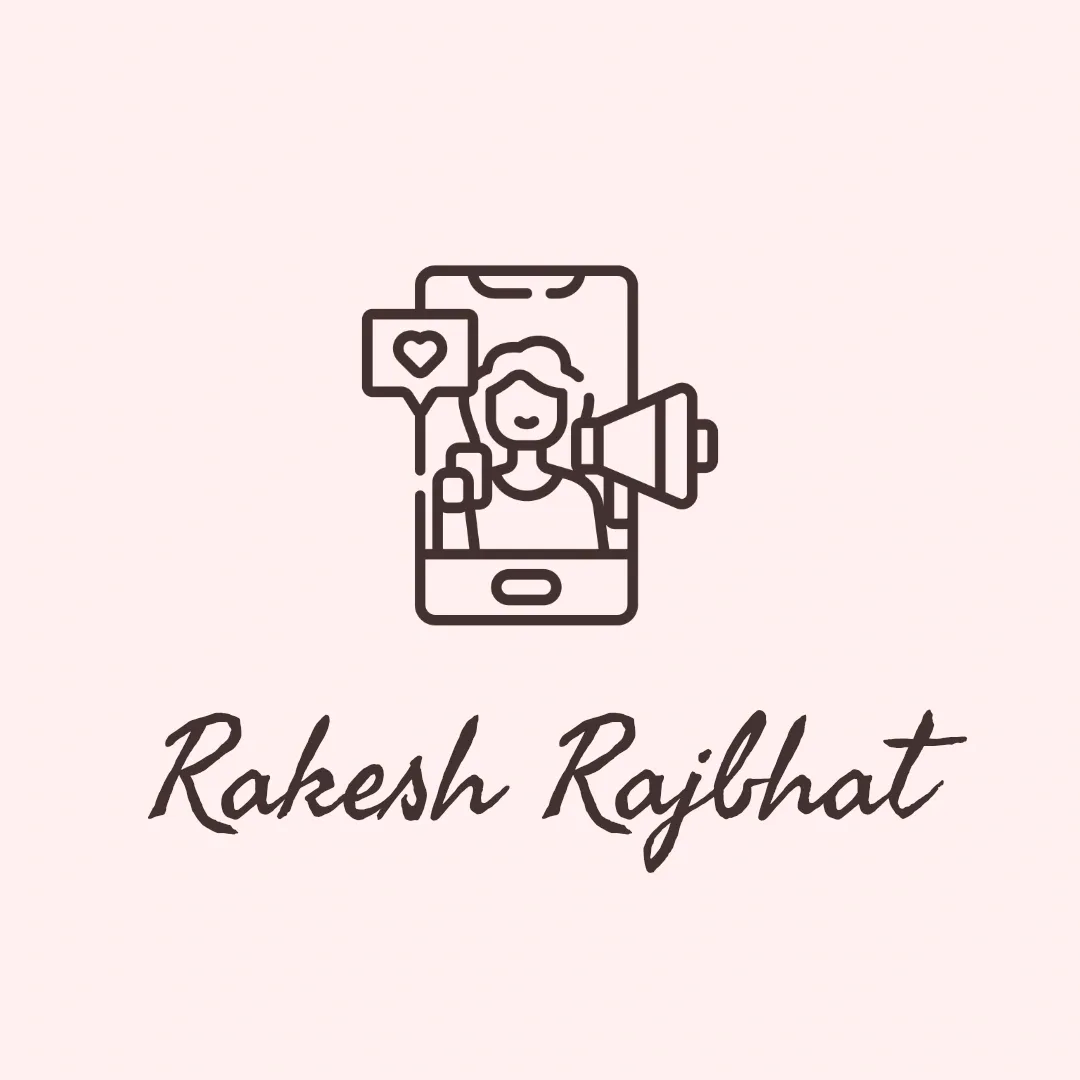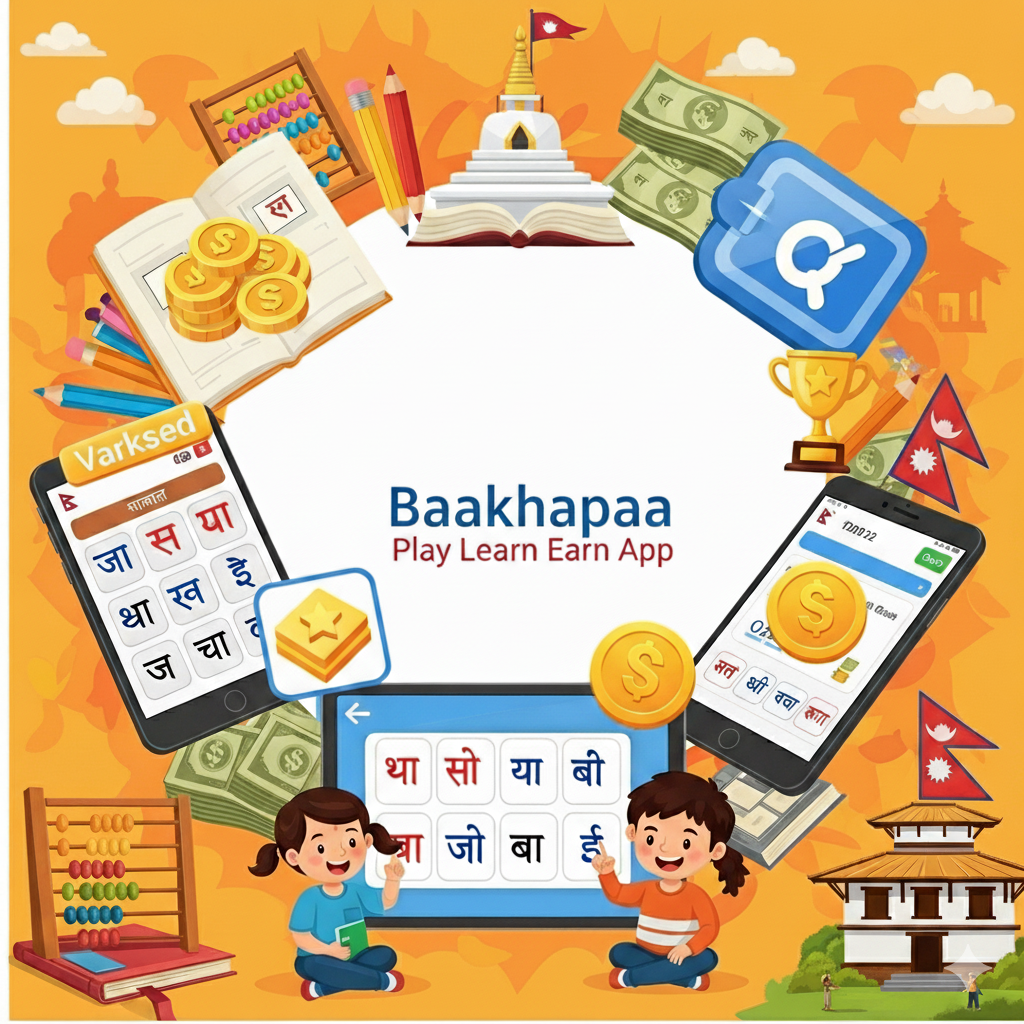Digital Detox & Mindfulness: Finding Balance in Our Hyper-Connected Nepali Lives (2025 Edition)
It’s 2025, and life in Nepal, like much of the world, is undeniably hyper-connected. Smartphones are ubiquitous, social media feeds are ever-flowing, and work often bleeds into personal time through constant digital communication. While technology brings immense benefits, this constant barrage is taking a toll on our mental wellness 2025. The pressure to be always ‘on’ can lead to stress, anxiety, and a feeling of being perpetually overwhelmed. It's time we talk about achieving screen time balance and exploring mindfulness practices Nepal to reclaim our peace.
The Digital Overload: Recognizing the Impact
Do you find yourself endlessly scrolling without purpose? Feeling anxious if you're away from your phone for too long? Is your focus fractured, and your sleep disturbed? These are common experiences in our digital age. The constant pings and notifications, the curated perfection on social media, and the information overload can contribute significantly to mental fatigue and reduce social media anxiety. It's crucial to acknowledge this impact to start finding peace in modern life.
Reclaiming Your Peace: Practical Digital Detox Tips for 2025
A "digital detox" doesn't mean abandoning technology altogether. It's about creating intentional space and healthier boundaries. Here are some digital detox tips you can implement:
- Set Tech-Free Zones & Times: Designate certain areas (like the bedroom or dining table) and times (e.g., an hour before bed, during meals) as strictly screen-free. This allows for better sleep and more meaningful real-life interactions.
- Mindful Notification Management: Turn off non-essential notifications. Schedule specific times to check emails and social media instead of reacting to every alert. This helps improve focus and concentration.
- Intentional Unplugging: Dedicate periods – a few hours, a whole day on the weekend, or even a short "digital fast" – to completely disconnect from all devices. Engage in offline hobbies, spend time in nature, or connect with loved ones.
- Use Technology to Manage Technology: Many apps and phone settings in 2025 allow you to monitor your screen time, set limits for specific apps, or schedule "downtime." Utilize these tools.
- Curate Your Feeds: Unfollow accounts or mute conversations that consistently make you feel stressed, anxious, or inadequate. Cultivate a more positive and uplifting online environment.
Embracing Stillness: Mindfulness Practices Nepal for Everyday Life
Mindfulness is the practice of paying attention to the present moment without judgment. It's a powerful tool for stress reduction techniques and enhancing overall well-being. Nepal, with its rich spiritual heritage, offers a resonant backdrop for these practices:
- Simple Breath Awareness (Aanapanasati): This core Buddhist meditation technique, with deep roots in Nepali spiritual traditions, involves simply focusing on the natural rhythm of your breath. Find a quiet spot, sit comfortably, and gently bring your attention to the sensation of your breath entering and leaving your body. When your mind wanders, kindly bring it back. Even 5-10 minutes daily can have profound benefits of meditation.
- Walking Meditation: You don't always need to sit still. Practice mindfulness while walking – whether in a park, your neighborhood, or even indoors. Pay attention to the sensation of your feet touching the ground, the movement of your body, and the sights and sounds around you.1
- Mindful Tea/Chiya Drinking: The daily ritual of drinking tea is common in Nepal. Transform this into a mindfulness practice. Pay attention to the warmth of the cup, the aroma, the taste, and the sensation of the liquid. Savor each sip.
- Sound Meditation: Find a quiet place and simply listen. It could be the sounds of nature if you're near it (birds, wind), or even the ambient sounds of your environment. Notice them without labeling or judging. This can also be practiced with calming traditional Nepali music.
- Gratitude Practice: Each day, take a moment to reflect on three things you are grateful for. This simple practice can shift your focus towards positivity.
These mindfulness practices Nepal don't require special equipment or a lot of time. They are about integrating moments of awareness into your daily routine.
The Rewards of Balance: Enhancing Overall Well-being
Intentionally incorporating digital detox periods and mindfulness practices into your life offers numerous benefits:
- Reduced Stress and Anxiety: Stepping back from constant stimulation and practicing mindfulness helps calm the nervous system.
- Improved Focus and Concentration: Training your attention through mindfulness can enhance your ability to concentrate on tasks.
- Better Sleep Quality: Reducing screen time, especially before bed, can lead to more restful sleep.
- Deeper Real-Life Connections: Less time online can mean more quality time for face-to-face interactions with family and friends.
- Increased Self-Awareness: Mindfulness helps you become more attuned to your thoughts, feelings, and bodily sensations.
- Greater Sense of Peace: Ultimately, these practices contribute to finding peace in modern life and a more balanced existence.
Integrating Digital Wellness into Nepali Lifestyles
The concept of community, reflection, and a connection to nature are deeply embedded in Nepali culture. These digital wellness and well-being trends 2025 aren't about adopting something entirely foreign, but rather about adapting timeless wisdom to modern challenges. Taking a break from screens can mean more time for family gatherings, enjoying local festivals with full presence, or simply appreciating the natural beauty that surrounds us in Nepal.
In our hyper-connected Nepali lives in 2025, cultivating a healthy relationship with technology is not a luxury, but a necessity for our mental wellness. By consciously applying digital detox tips and embracing simple mindfulness practices Nepal, we can navigate the digital world with greater intention, peace, and well-being.
Please login to leave a comment.


 Rakesh Rajbhat
Rakesh Rajbhat




